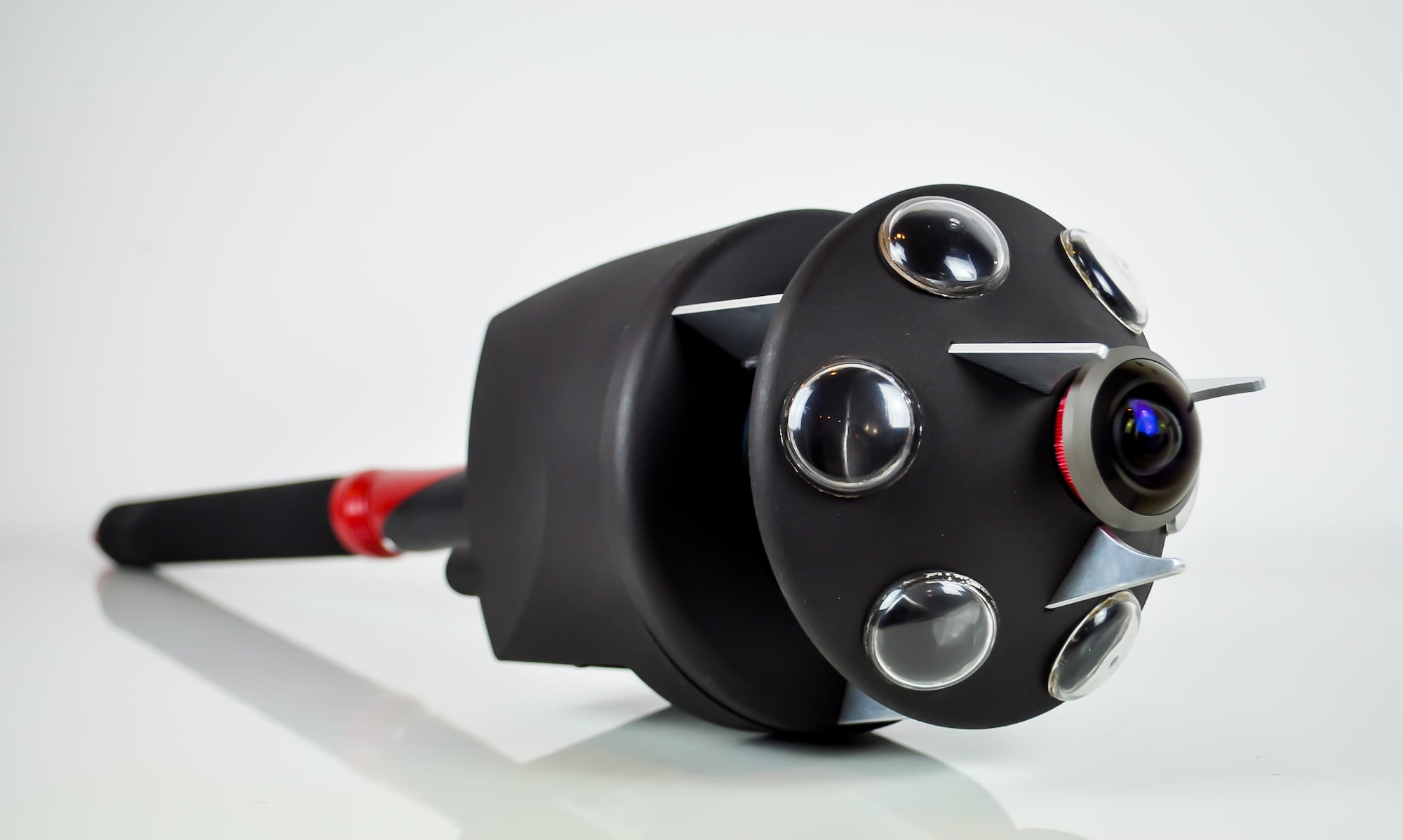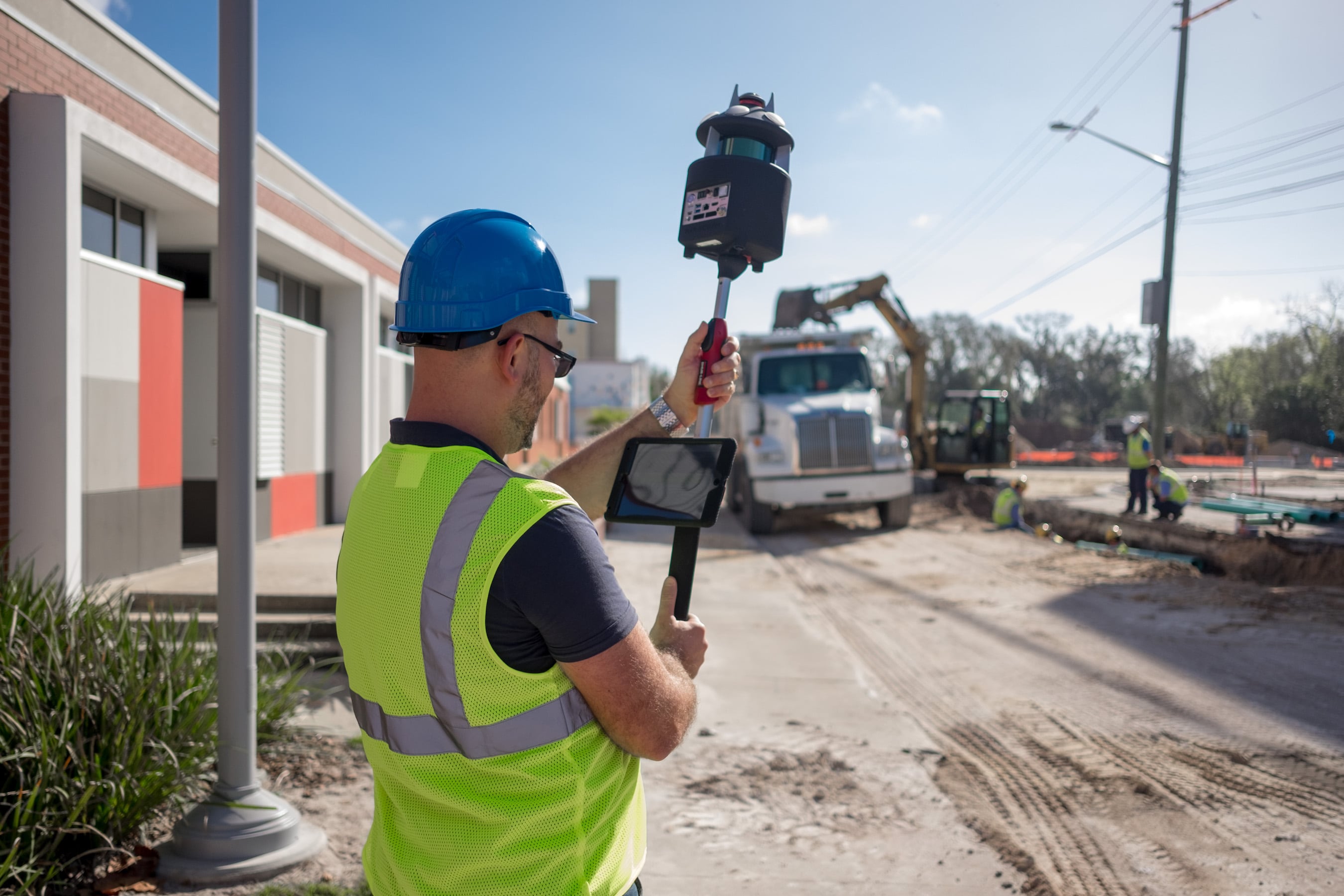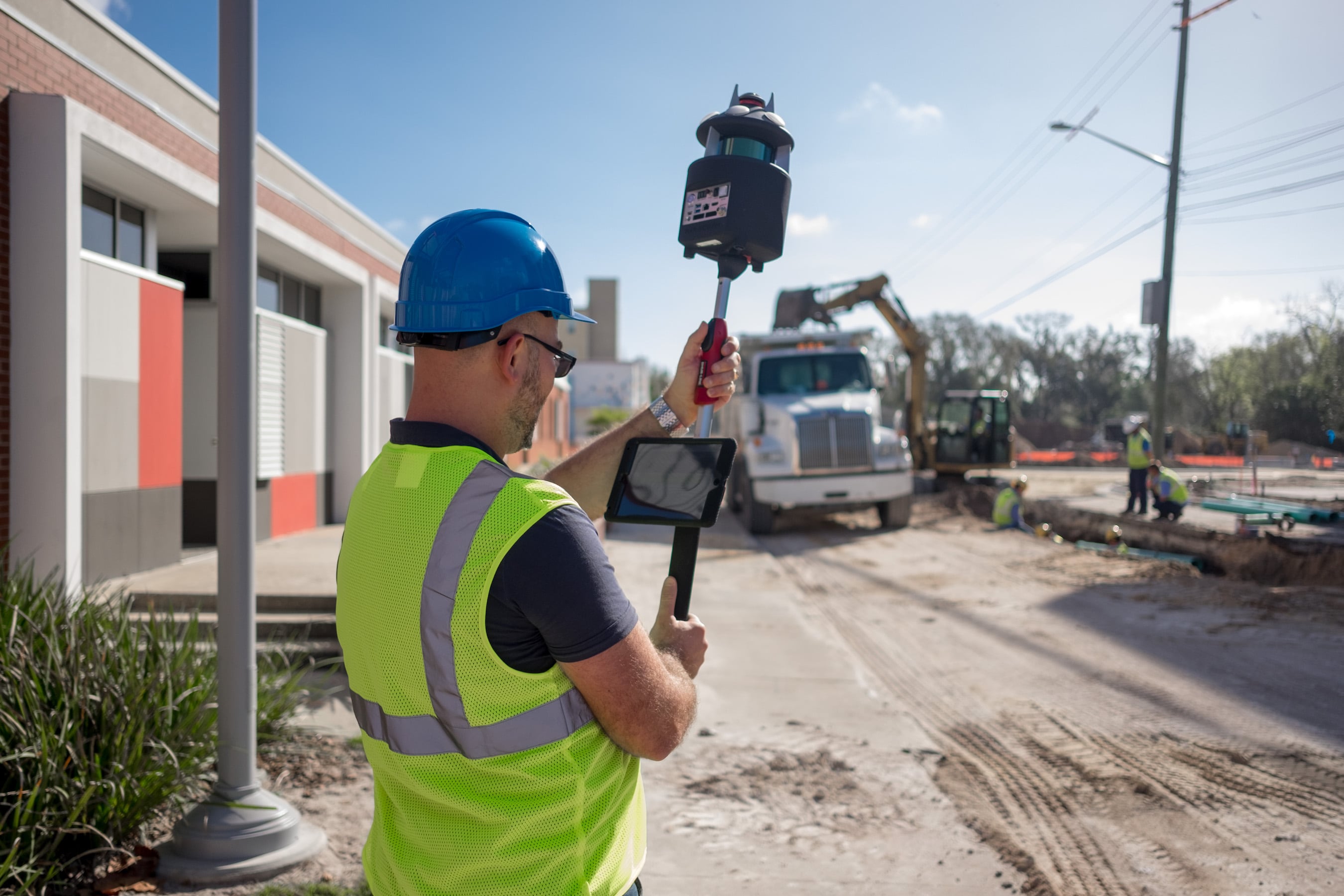Paracosm, a division of Occipital, specializes in 3D mapping of large scale indoor and outdoor spaces. They’ve created a handheld 3D scanner called the PX-80 that allows their users to capture the world around them.

The PX-80 uses a combination of LiDAR, IMU, and color camera sensors to calculate a user’s path through a scene, and then generates a colorized point cloud of that space.

Paracosm’s customers use the PX-80 in a variety of situations. They can survey massive office buildings quickly, scan construction sites to track daily progress, and monitor large forests to determine tree mass and density.
The Paracosm team found balena when they were looking for a solution to easily deploy software updates to their fleet of PX-80s. They wanted something that was quick to set up and allowed them to deploy updates seamlessly.
They were already using Docker internally, so being able to use Docker for software updates was a big plus. “balena made it easy to get started, and we were able to deploy a build within a few hours” says Nick Tardif, developer at Paracosm.
The Paracosm team now uses balena daily to test out code changes to the PX-80. They have a development application on balena for deploying to their internal PX-80s, and when they are ready make a production release, they can use the same workflow to update their user’s PX-80s in the field.
“Resin’s biggest benefit to Paracosm is saving us the effort of maintaining our own deployment solution,” says Nick. “The fleet management features that you all have been adding, like device tags and filters, have also been a great benefit, allowing us to monitor our customer’s devices and see what version of our application they are running.”
Paracosm also makes heavy use of the resin CLI to deploy updates. They build Docker images on their local machines, then upload them to balena, allowing them to keep their source code private while still benefiting from balena’s deployment pipeline.
As the company grows, Paracosm will continue to rely on resin’s fleet management features to monitor the state of their PX-80s. They’ll also use it to see if customers are on older versions of their codebase and prompt them to update to the latest version. Most importantly, Nick says, “resin is dependable and works just the way we need it to.”



